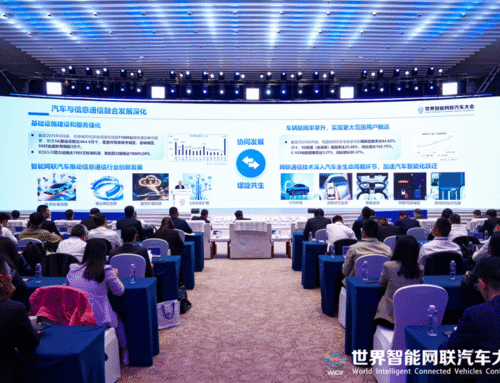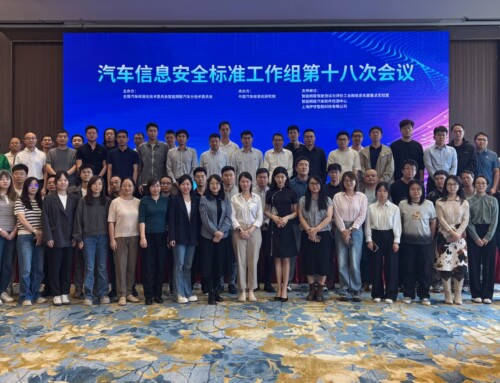On July, 28, 2025, the National Certification and Accreditation Administration (CNCA) released the Implementing Rules for Compulsory Product Certification: Power Banks, Lithium-ion Batteries and Battery Packs (Trial) (CNCA-C09-02: 2025) (Hereinafter referred as the Implementation Rules), aiming to strengthen the management of compulsory product certification for these products. The Implementation Rules, which take effect on August 15, 2025, replace the previous certification framework under the Implementation Rules for Compulsory Product Certification: Electronic Products and Safety Accessories (CNCA-C09-01: 2023). From the effective date, the old rules no longer apply to power banks, lithium-ion batteries, and battery packs. Moreover, designated certification bodies must develop and file detailed implementation guidelines with the CNCA before issuing certifications under the new framework. Notably, existing valid compulsory product certification certificates remain in effect and will transition naturally through certificate renewal, product change, and standard updates.
The Implementation Rules specifically aims to fortify safety baselines and curb cut-throat price competition through institutional innovation, driving the sector’s transition from scale expansion to quality-and-efficiency development. The updated content of the Implementation Rules includes four dimensions.
- Enterprises are classified into four dynamic tiers – A (Excellent), B (Good), C (Fair), and D (High-risk) – based on factory audits, sampling data, and credit records, with adjustments allowing gradual upgrades and gradual or cross-tier downgrades. Moreover, Tier A requires one annual routine inspection, while Tier D mandates four full unannounced inspections yearly.
- A comprehensive oversight mechanism is established by adopting an end-to-end management model encompassing type testing, initial factory inspection, and post-certification supervision, while incorporating randomized production line sampling with mandatory video documentation. Enterprises classified as Tier C or D face doubled inspection frequency and are subject to fully unannounced surprise audits.
- A safety baseline for extreme scenarios is built by introducing crush, thermal abuse, and impact tests using a 30mm diameter steel ball at 150J energy requiring 5-minite non-ignition performance, and implementing post-300-cycle short-circuit tests with mandatory GB 31241 – compliant cells and prohibited inferior electrolytes.
- Fourthly, a traceability system enforces permanent product marking (prohibiting removable labels) with unique certification codes. From November 1, 2025, 950°C – resistant steel engraving enables full supply chain tracing from cells to modules and end products, allowing consumers to verify complete production history through QR code scanning.
Thanks to the Implementation Rules, the sector’s landscape is undergoing profound restructuring, with compliance costs rising structurally. This will contribute to the expanded advantages of technologically advanced enterprises and the continuous optimization of the market ecosystem. Foreign enterprises should proactively engage with accredited certification bodies to implement new compliance procedures, while conducting full product and supply chain reviews against updated safety tests and GB31241 standards. In addition, it is necessary to establish robust quality systems to achieve Tier A/B classification that will reduce regulatory burdens. Ultimately, foreign stakeholders should strategically feature CCC certification in marketing communications to turn compliance into competitive advantage, demonstrating safety and quality leadership in the Chinese market.
Original sources: https://www.cnca.gov.cn/zwxx/gg/2025/art/2025/art_915c12eceb7a4ad1a848e9598844e911.html
https://mp.weixin.qq.com/s/lmg1FVvvhTScj-vy_areVQ




